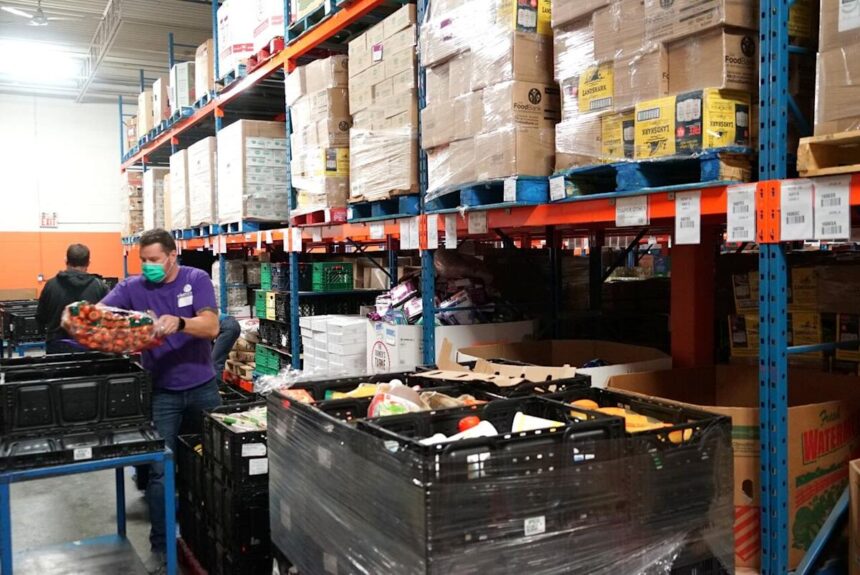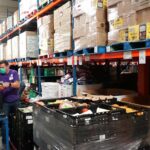In a bold move to address both food insecurity and employment barriers, The Food Bank of Waterloo Region has unveiled an innovative training program specifically designed for newcomers to Canada. The initiative, which launches this month, aims to equip recent immigrants with practical skills while simultaneously addressing critical workforce shortages in the region’s food distribution sector.
“What we’re seeing is a perfect alignment of needs,” explains Kim Wilhelm, chief development officer at the Food Bank of Waterloo Region. “Newcomers are seeking meaningful employment opportunities while our food systems require skilled workers. This program bridges that gap while strengthening our community response to food insecurity.”
The comprehensive program offers participants hands-on experience in food handling, warehouse operations, and logistics management – all critical components of food distribution networks. Beyond technical skills, the initiative provides workplace culture orientation, language support, and professional networking opportunities that many newcomers find challenging to access through traditional channels.
Waterloo Region has seen a significant increase in new Canadian residents over the past five years, with recent statistics from Immigration, Refugees and Citizenship Canada showing the area welcoming over 5,000 newcomers annually. However, employment integration remains a persistent challenge, with many skilled immigrants unable to secure positions matching their qualifications and experience.
“The barriers newcomers face aren’t just about credentials or language,” notes Wilhelm. “There’s a knowledge gap about Canadian workplace norms and professional networking that can delay economic integration by months or even years.”
What distinguishes this program is its dual-purpose approach. While participants gain valuable Canadian work experience, the Food Bank benefits from additional support in its mission to distribute more than 5 million pounds of fresh, frozen, and non-perishable food annually to community programs throughout the region.
The initiative has garnered support from several local business leaders and politicians, with funding partnerships from both private sector donors and government agencies. The pilot program will initially accommodate 25 participants, with plans to expand based on outcomes and available resources.
Prospective participants must meet basic eligibility requirements, including permanent resident or refugee status, basic English proficiency, and availability for the 12-week training schedule. Upon completion, graduates receive certification in food safety and handling along with references and job placement support.
Early response from community organizations supporting newcomers has been overwhelmingly positive. “This program addresses exactly what our clients have been asking for,” says Marina Dotzert, settlement coordinator with a local immigrant services agency. “The combination of relevant training, Canadian experience, and the dignity of contributing to an essential community service is powerful.”
As communities across Canada grapple with both increasing food insecurity and integration challenges for newcomers, programs like this may represent a new model for addressing multiple social needs simultaneously. The question remains: could this Waterloo Region innovation become a template for other communities facing similar challenges, transforming how we approach both food security and newcomer integration?










